With Four Freedoms, Four Responsibilities
In the United States and around the world, our democratic values and institutions face direct and dire threats.
Untold millions fear persecution for their religious beliefs, their sexual orientation, their gender identity. Others simply fear for their lives. In some countries, authoritarian governments seek to stamp out democratic freedoms, like the rights to protest or to a free press. Even democratically elected governments are acting to restrict these freedoms amidst a rise of tribalism and xenophobia. The moral leadership of the United States has all but disappeared from view.
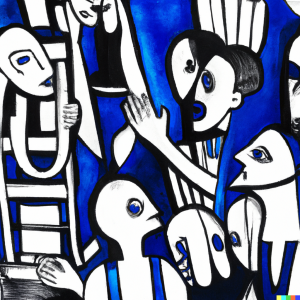 Given the grueling pace of the news —amidst constant chaos—the windows for slow and steady reflection feel few and far between. Indeed, these days, chaos has become a kind of ambient noise, and it feels hard to make sense of it all—hard to know how to move forward. After all, we are charging full steam ahead into the unknown. It is not frivolous, or naïve, to stop and contemplate the fact that democracy itself is imperiled for the first time in at least a generation.
Given the grueling pace of the news —amidst constant chaos—the windows for slow and steady reflection feel few and far between. Indeed, these days, chaos has become a kind of ambient noise, and it feels hard to make sense of it all—hard to know how to move forward. After all, we are charging full steam ahead into the unknown. It is not frivolous, or naïve, to stop and contemplate the fact that democracy itself is imperiled for the first time in at least a generation.
As I write this, I am acutely aware that all these coalescing crises share a single, protean cause: inequality. They claim for themselves similar, often related victims, too: civility, empathy, and justice. And it’s not only economic inequality or racial inequality, but also geographic and cultural inequality that causes whole communities and regions to feel ignored and abandoned, if not outright persecuted.
Subject to countless historical examples, we know that the greatest danger to democracy is not terrorism, nor environmental crisis, nor nuclear proliferation, nor the results of any one election. The greatest danger to democracy is hopelessness: the hopelessness of many millions who express themselves with their ballots, and the hopelessness of many millions more who express themselves by not voting at all. This hopelessness is yet another symptom of the inequality that has eaten away at our norms and eroded the bridges of common cause—the very bonds of goodwill that ought to bring us together and help us confront our shared challenges.
Despite what feel like wholly unprecedented circumstances, however, democracy is no stranger to trials from within and without. And so, of late, I have felt reassured by how another great American generation responded to the greatest threat to democracy of the previous century: the Second World War.
Wisdom from the past
Imagine the early days of 1941, another moment when chaos abounded.
The effects of financial crisis a decade earlier continued to reverberate around the United States and afflict the American people. Across the Atlantic, a hateful demagogue came to power by democratic means, and his rise and racist policies threatened the safety of his people. The United States turned inward—many of its citizens unwilling to recognize what was happening in the world. In some corners of our nation, factions called for isolation, while others supported more virulent strains of nationalism—all as allies pleaded for American leadership and assistance.
Amidst these somewhat familiar circumstances, President Franklin D. Roosevelt crafted his annual message to the U.S. Congress. In this address, he laid out the Four Freedoms, which read:
In the future days, which we seek to make secure, we look forward to a world founded upon four essential human freedoms.
The first is freedom of speech and expression—
everywhere in the world.The second is freedom of every person to worship God in his own way—everywhere in the world.
The third is freedom from want—which, translated into world terms, means economic understandings which will secure to every nation a healthy peacetime life for its inhabitants—everywhere in the world.
The fourth is freedom from fear—which, translated into world terms, means a world-wide reduction of armaments to such a point and in such a thorough fashion that no nation will be in a position to commit an act of physical aggression against any neighbor—anywhere in the world. 1
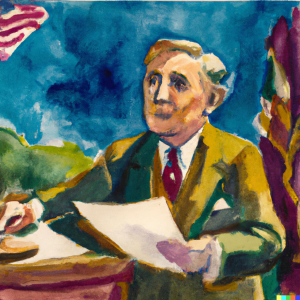 With this idea, President Roosevelt did something that, at the time, was rather remarkable—he asked Americans to implicate themselves in the struggles of their fellow human beings.
With this idea, President Roosevelt did something that, at the time, was rather remarkable—he asked Americans to implicate themselves in the struggles of their fellow human beings.
During the decades since, these Four Freedoms—and this formulation of essential democratic values—have become iconic. They inspired four of Norman Rockwell’s most famous paintings. Their influence also stretches far beyond the United States or American culture; these same freedoms open the United Nations’ Universal Declaration of Human Rights. These Four Freedoms reflect the urgency of their particular moment in history as well as the timeless values and aspirations our society should pursue.
What appears to be implicit in Roosevelt’s Four Freedoms, and necessary for our democracy today, is an understanding of our responsibilities to protect and extend these freedoms—everywhere in the world and for one another.
We know that these freedoms do not happen by themselves. In the United States, they are the product of revolution and protest, of conversation and compromise, of constant stumbling progress toward an exceptional ideal. And as citizens and participants in our society, we all have a role to play in not just exercising our own freedom, but also creating the conditions—and the country—where everyone can exercise those freedoms equally.
In other words, “We the People” means that my freedom depends on your freedom. Similarly, if freedom for one of us is removed or restricted, it jeopardizes freedom for us all—and for the larger democratic principles we all hold dear. That’s why, when we live in a free society, we are charged with protecting freedom for one another through our responsibilities to one another.
Our Four Responsibilities
In the case of the Four Freedoms, therefore, I argue that each freedom contains within it a corresponding responsibility—an action demanded of us as creators and stewards of our democratic society. These can be summarized simply:
With the freedom of speech
comes the responsibility to listen.With the freedom of belief
comes the responsibility to accept.With the freedom from want
comes the responsibility to serve.And with the freedom from fear
comes the responsibility to act.
What’s more, these four responsibilities do not exist in a vacuum or independently of one another. Just as each of the Four Freedoms has its complement, so do each of our responsibilities complement the others. If we commit ourselves to listening, we will be more likely to accept others. If we commit ourselves to accepting others, we will be more likely to serve those who need us. And if we commit ourselves to service, we will understand how we should act.
And if we’re going to act, we must act now.
It is incumbent upon each of us, as willing and humble participants in our democratic system, to maintain and expand the freedoms that enable the world’s longest-standing liberal democracy, and to ensure its success both now and in the future.
I wrote this volume for everyone: to encourage each of us to reflect on our responsibilities—the fulfillment of which our freedoms require and our democracy demands.
Excerpts from Four Essays on the Four Freedoms, by Darren Walker
With Freedom of Speech, Responsibility to Listen
“We tend to curate the information that comes our way, while social and commercial media try to give us what they think we want. We engage with stories that confirm our assumptions and biases, that do not challenge or expand our view of the world. Online monologues allow their writers to dig deeper and deeper into their own thoughts without considering the views of others. We become more entrenched in our own views. In some cases, it is almost as if we’re just talking to ourselves.
As this happens, the algorithms figure out what we want, what is comfortable, and they just keep feeding us more of the same. Our confirmation bias compounds on itself. Meanwhile, alternative media outlets sow doubt and confusion based on what they want us to believe—even if it is not true. In the process, our common ground gets eroded, and one of free speech’s most potent uses—as a check on power, often in the form of journalism—becomes undervalued.
For our freedom of speech to work—to have meaning or the power to improve our democracy—we need to listen to one another.
In fact, we have a responsibility to listen, because listening allows us to extend the freedom of speech to others. This is why the right to assemble is so closely linked to the right to free speech. They share an amendment because speech is meaningless without an audience.
Without a congregation of listeners, there’s no difference between the preacher on a Sunday morning and the subway platform. Without a jury of open-minded and engaged listeners, or an attentive judge, or proper accountability, a trial becomes less just. If our elected officials do not consider the opinions of their constituents, then our political speech does little to advance our interests. Without the backing of a country or a congress, women’s suffrage does not achieve the Nineteenth Amendment, the Civil Rights movement does not pass necessary legislation or change minds and hearts, and the movement for marriage equality is stymied. Today, without people willing to listen to the legitimate grievances of a movement like Black Lives Matter—if the country chooses only to look away or to reflexively argue—people of color will continue to die at the hands of police while the deeper structural problems remain unaddressed.
So, when we listen to each other, we do more than extend a common courtesy; we give credence and power to that first and sacred right. We say, “You are a human, too, and deserve to be heard.” We give dignity to others when we enable their voices, consider their perspectives, and thoughtfully grapple with their ideas. We participate in the ongoing exchange between people that defines our democracy, and allow ideas and actions to ripple through, even renovate, our society.”
With Freedom of Belief, Responsibility to Accept
“…When we talk about the responsibility to accept that comes with our freedom of belief, we are saying something very specific.
We have to accept that we have different beliefs. This is decidedly different from accepting the beliefs themselves. Our task is narrower, though perhaps more difficult: we just need to accept that the differences are real—and a source of strength, not weakness.
What does that look like?
It means appreciating the perspectives of immigrants and indigenous peoples, and respecting the grievances of poor people regardless of their color. It means understanding the effects of inequality on our society, the pain and anger of people who feel vulnerable—or who feel as though the world has left them behind. But it also means putting in the time to understand people who see the world through different eyes, whether that means they grew up Christian or Muslim, Republican or Democrat, in a big city or a tiny town.
It also means never shutting anyone out or shutting them down. That is a form of giving up, or giving in to the idea that America can’t succeed. If we rejected people every time we disagreed, our democracy would not—and could not—sustain itself.
Again, let me be clear: accepting others doesn’t mean denying our differences. It actually means the opposite. We know it is never solely our differences that are the problem. As one of my sheroes, the poet Audre Lorde, once wrote:
Certainly, there are very real differences between us, of race, age, and sex. But it is not those differences between us that are separating us. It is rather our refusal to recognize those differences, and to examine the distortions that result from our misnaming them and their effects upon human behavior and expectation. 24
We need to accept that difference has always been a part of our American experiment—for better and for worse. We must make an effort to accept and understand that difference, not ignore it.
…Sometimes this work comes naturally. Sometimes it is hard. Sometimes we feel that we are learning and moving in the right direction. Sometimes it is tough to stomach that people can believe something so hateful—that they can seriously wish to divide us based on difference.
But if our nation’s history includes chapters when we have mobilized against each other, it also includes chapters when we mobilized with each other and for each other. For as Dr. King reminds us in his Letter from a Birmingham Jail, ‘We are caught in an inescapable network of mutuality, tied in a single garment of destiny.'”‘25
With Freedom from Want, Responsibility to Serve
“When President Roosevelt defined freedom from want, he included, in part, the ability to achieve what he called “a healthy peacetime life.” That “healthy peacetime life” means security and contentment—which is precisely why so many people from around the world are drawn to live and work in the United States.
There are plenty of people across this country and around the world who do not enjoy the “healthy peacetime life” that flows out of the freedom from want. On the streets of Chicago, people yearn for an end to violence and for economic opportunity. In the mountains of Appalachia, poverty keeps families trapped, generation after generation. On tribal lands across the American West, freedom from want remains another unfulfilled promise.
Expand our view, and the same is true in places across the world—from the Kibera areas of Nairobi to the favelas of São Paulo—and for too many people forced to flee their homes throughout Latin America and Syria.
In these places, and many others, we all have the responsibility to serve. Otherwise, that grander bargain we made with one another—the social contract that lives in America’s founding documents and holds us all together—starts to unravel. As inequality grows, our agreement with ourselves and one another comes undone.
This inequality not only incites animosity and strife within communities; it threatens the very institutions of our democracy. A democratic society cannot truly flourish if the people, or any subset of the people, do not believe they have equal access to its freedoms, opportunities, and resources. To create the conditions for our democracy to be healthy and vibrant—to continue and thrive—we must root out the inequality that undermines our success. And to do that, we must first accept and embrace the responsibility we have to serve one another, to reach across society’s many gaps and aid those who are grappling with the debilitating consequences of inequity.
Given the many kinds of want and the many forms of inequality that exist in our communities, we must be prepared to remedy them with different types of service. Each of us has a responsibility to determine how we can best serve each other.
For some, this may mean volunteering in local schools and community centers, or mentoring young, at-risk children in desperate need of encouragement and inspiration. For others, it may mean directly engaging with the philanthropic work being done by countless organizations throughout the country and around the world. The service we can contribute is often directly proportional to the amount of privilege we have—be that the time, the talent, or the treasure we have to give.”
With Freedom from Fear, Responsibility to Act
“Throughout history, there has been no better guardian of the freedom from fear—no better defender of the vulnerable—than civil society: groups of compassionate, engaged citizens who continue to organize themselves and mobilize others to work on behalf of the community. They are the immune system of our democratic society against the plague of injustice.
Among the most troubling trends in the world today is the outright assault and ongoing onslaught against civil society. It is an epidemic. In the countries where the Ford Foundation works, we have seen laws that restrict NGO funding and freedom of assembly, and learned of activists and peaceful protestors being assaulted and worse.
Still, around the world, civil society organizations continue to act against fear, and fight to protect the rights and freedoms of those in need.
In the favelas of Brazil, where black men are routinely killed by police, organizations like Redes da Maré are bringing the community together to denounce the violence and raise their collective voice.
In the courtrooms of Zimbabwe, where unjustly incarcerated demonstrators face persecution and prosecution, Zimbabwe Lawyers for Human Rights is providing emergency legal support.
In the streets of Uganda, where the LGBT community has been oppressed by the government, organizations like Sexual Minorities Uganda have risen to challenge unjust laws and defend human rights, despite personal risk. It is the same with Planned Parenthood right here at home.
And after a year of increasing nuclear threats, and in the spirit of President Roosevelt’s original intention—the “world-wide reduction of armaments”—the 2017 Nobel Peace Prize was awarded to the International Campaign to Abolish Nuclear Weapons, a group of more than one hundred civil society organizations acting against fear.
All these brave men and women speak truth to power. They forge relationships with local communities and understand their concerns. By taking action, they make people feel less vulnerable. Instead of succumbing to fear, they act in spite of it, and create the conditions so that others might be free from it.”
Access the full essays HERE. Reprinted courtesy, The Ford Foundation ![]()


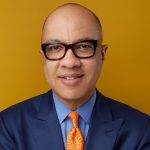
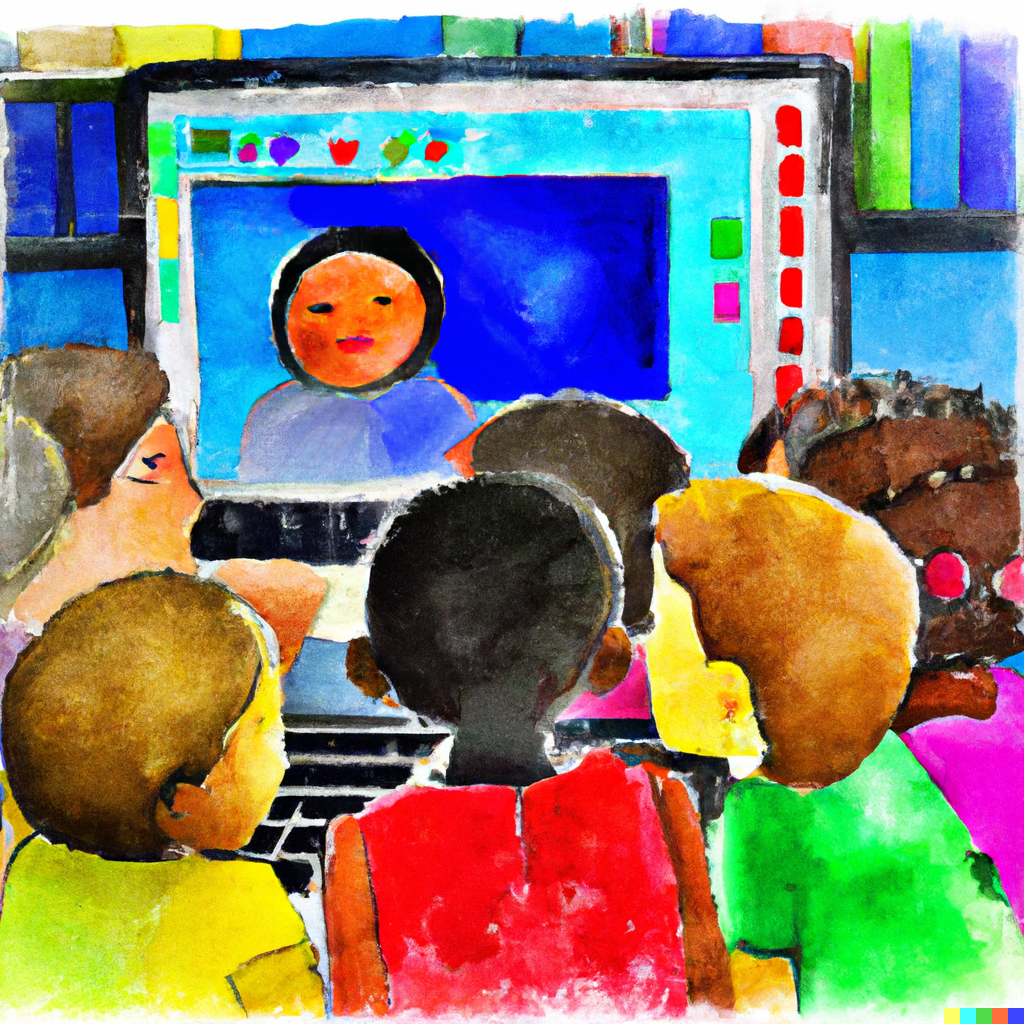
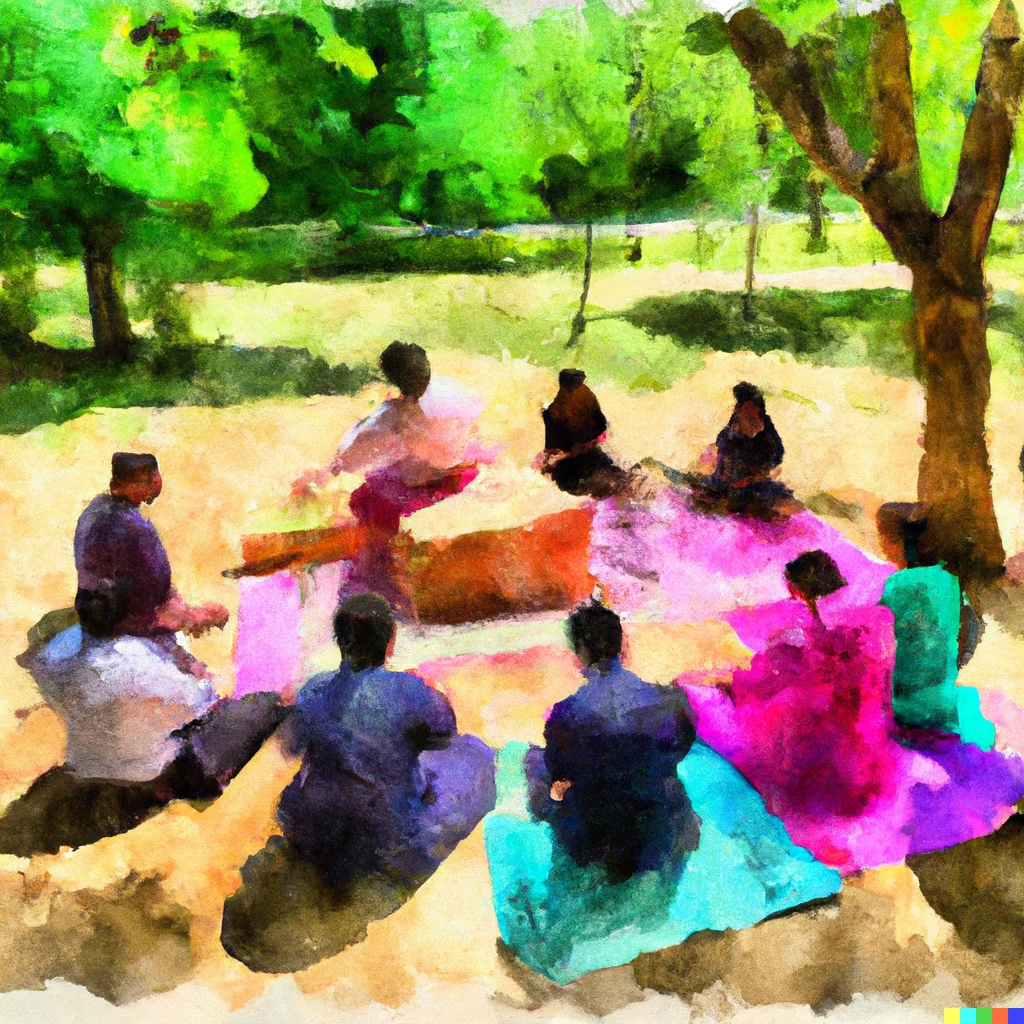
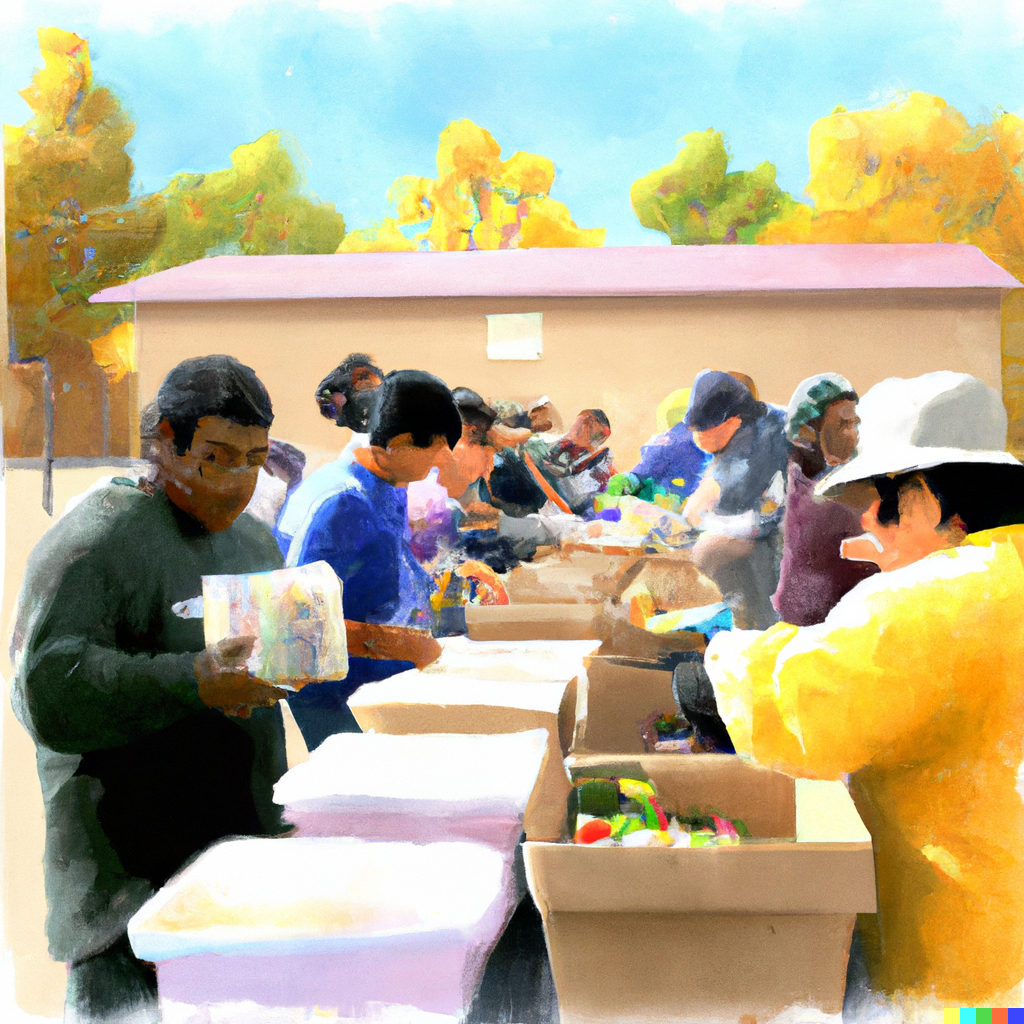
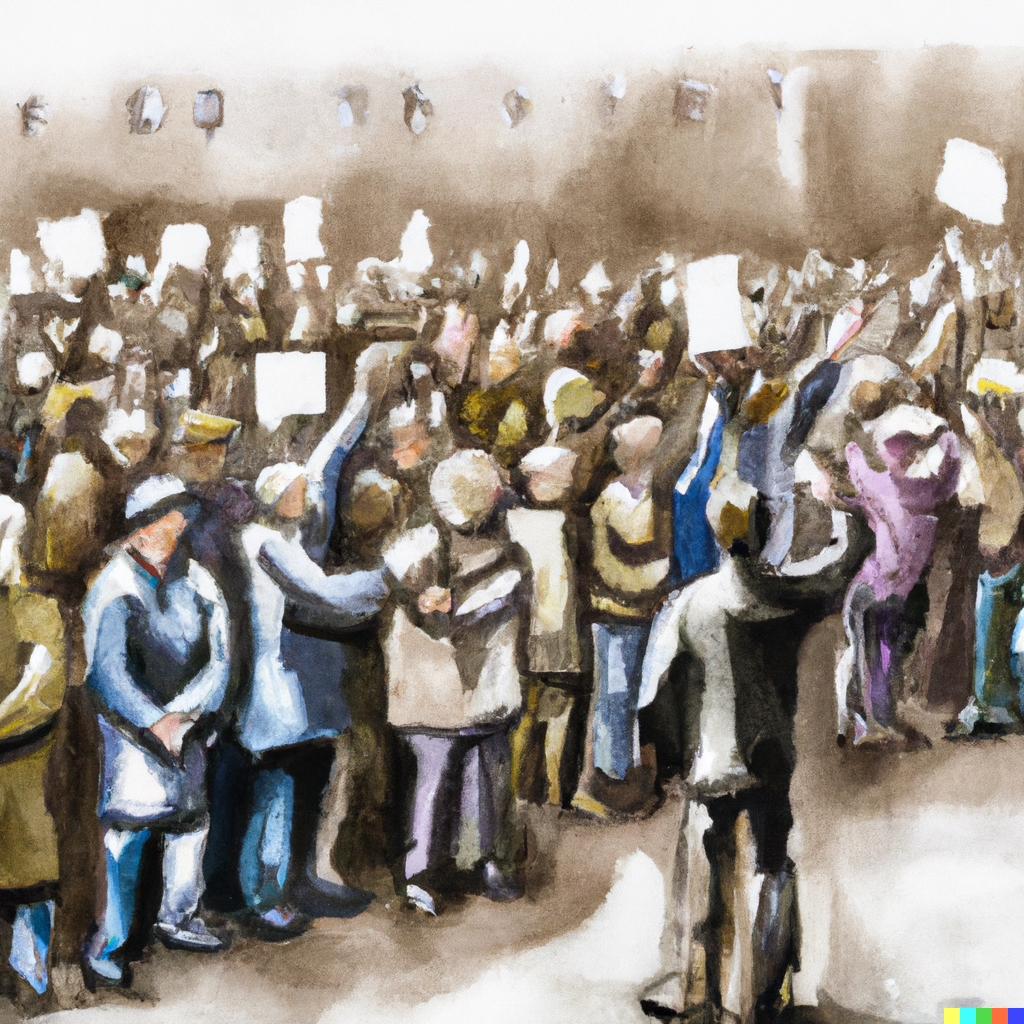
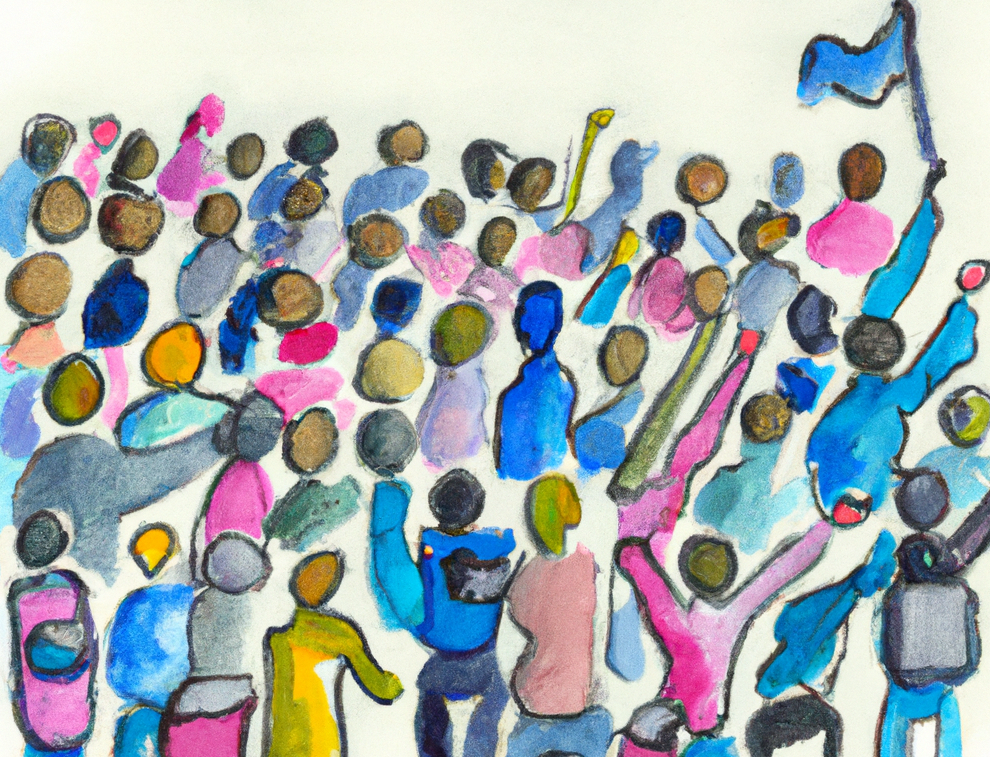
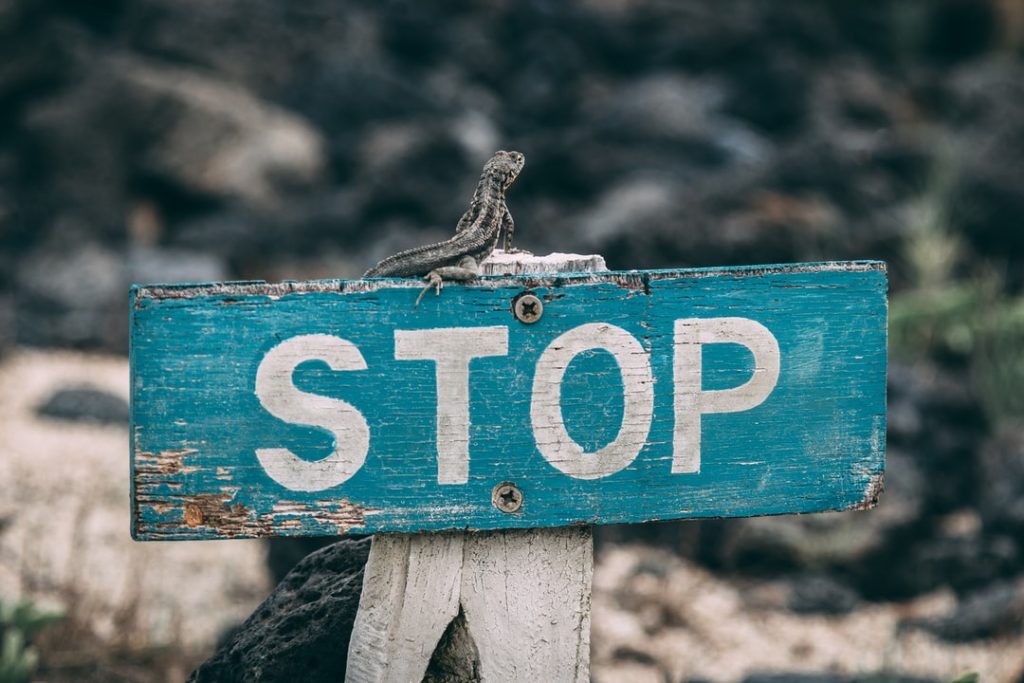
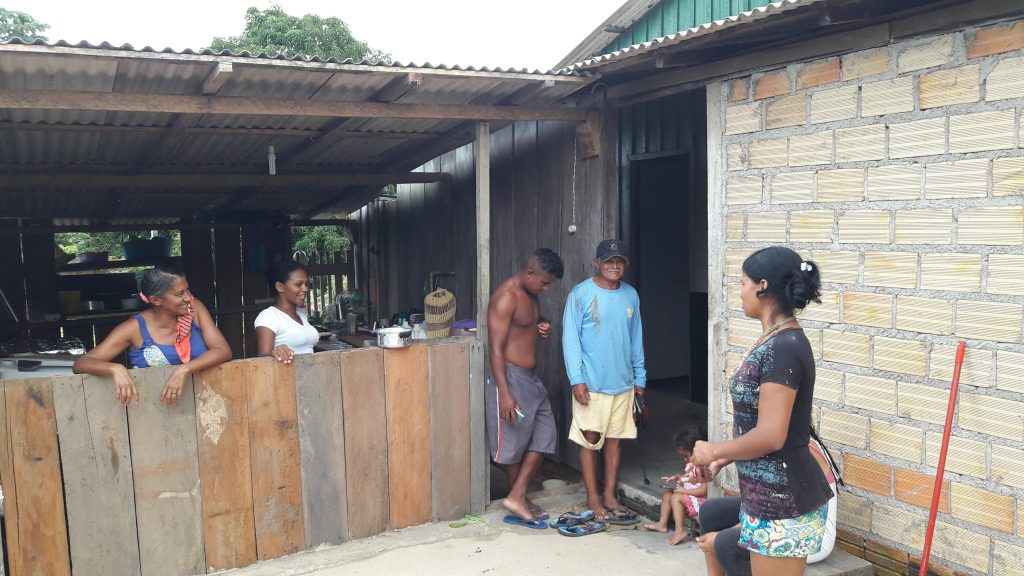
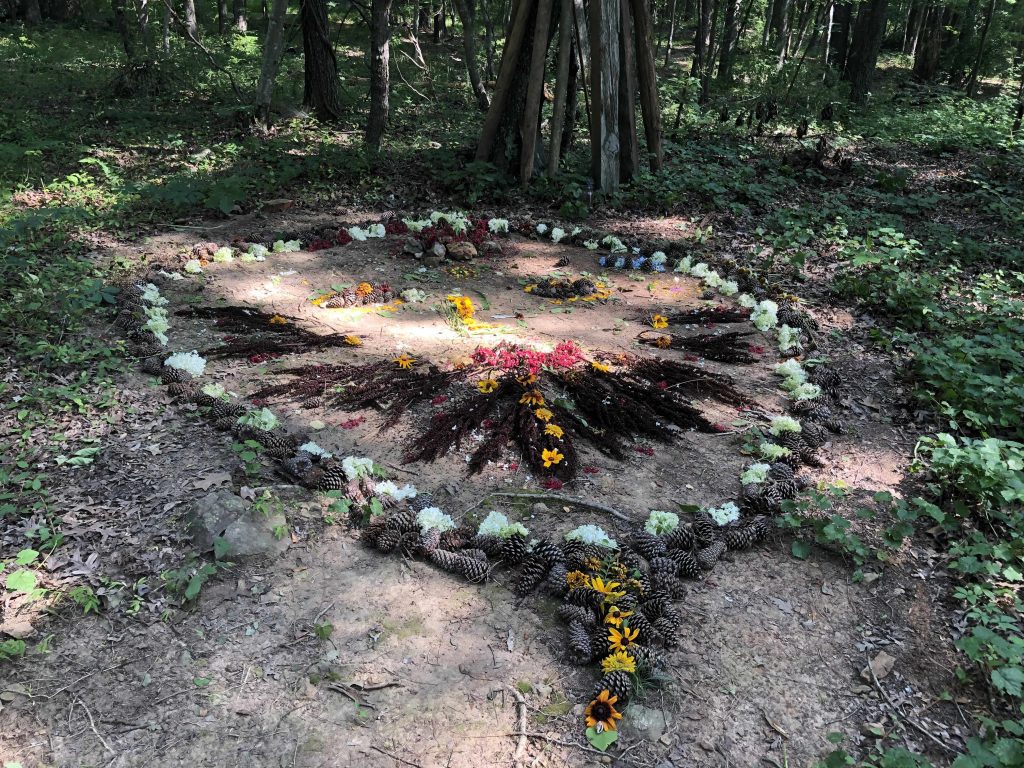
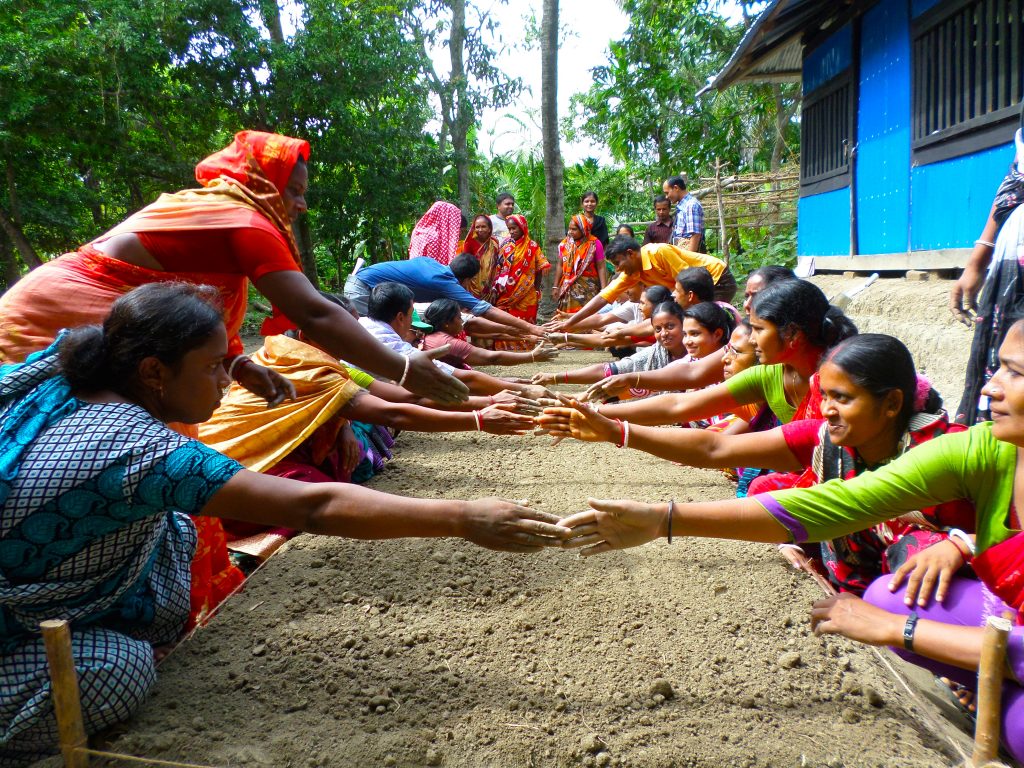
I am not a scholar or a part of the industry of business. Unemployed by choice, a mother, a wife. A human being, common to all, sharing the same concerns all have no matter the awareness level each has. I stumbled across this article on the internet and am grateful for the seemingly unbiased, clear thinking behind it. And for the gift of putting to word important observations, ideas, thoughts, plans. When all seems lost ie morals, ethics, environment, politics, responsible industry, compassion, etc., etc., Mr. Walker’s words are like the pure air breathed standing on the cliffs of Kona. One can only hope these truths prevail and are somehow woven into the fabric of our institutions and acted upon.